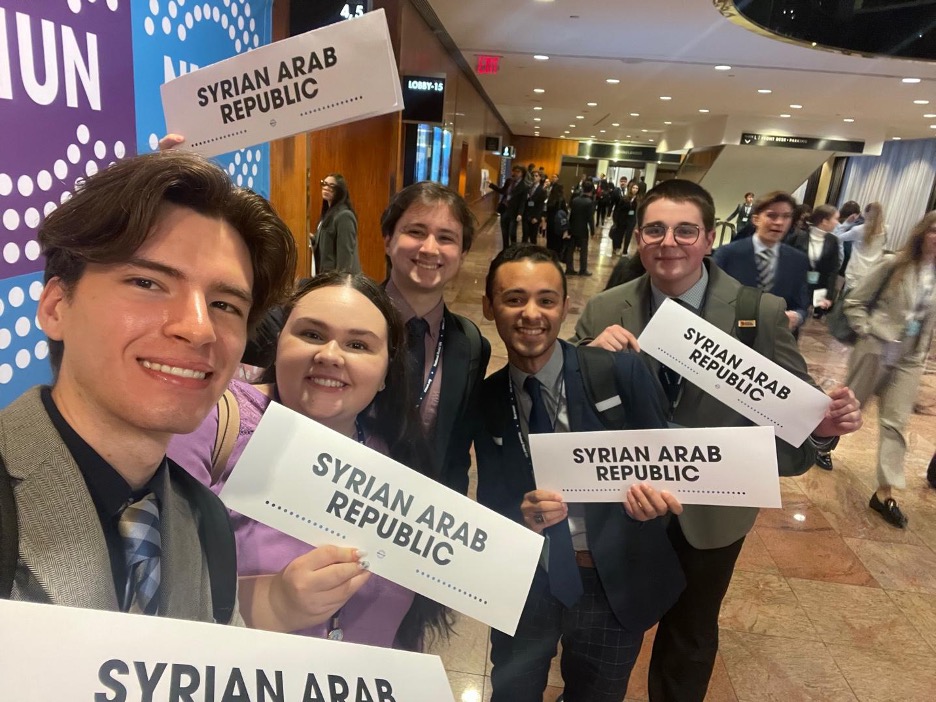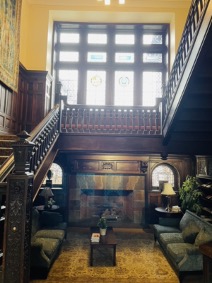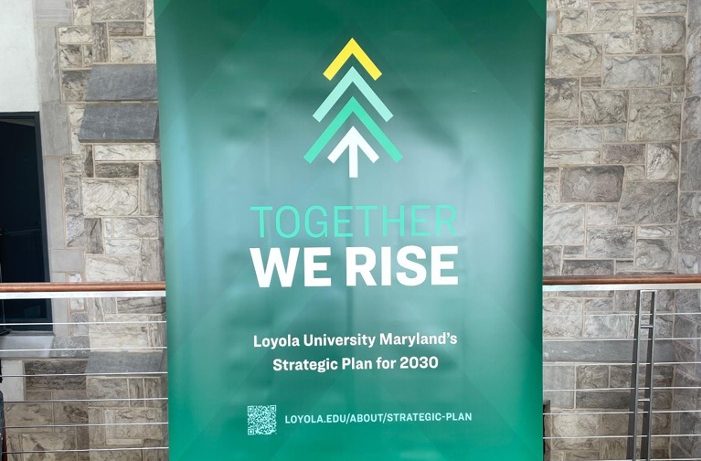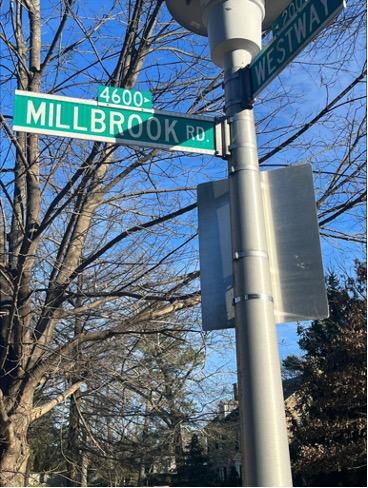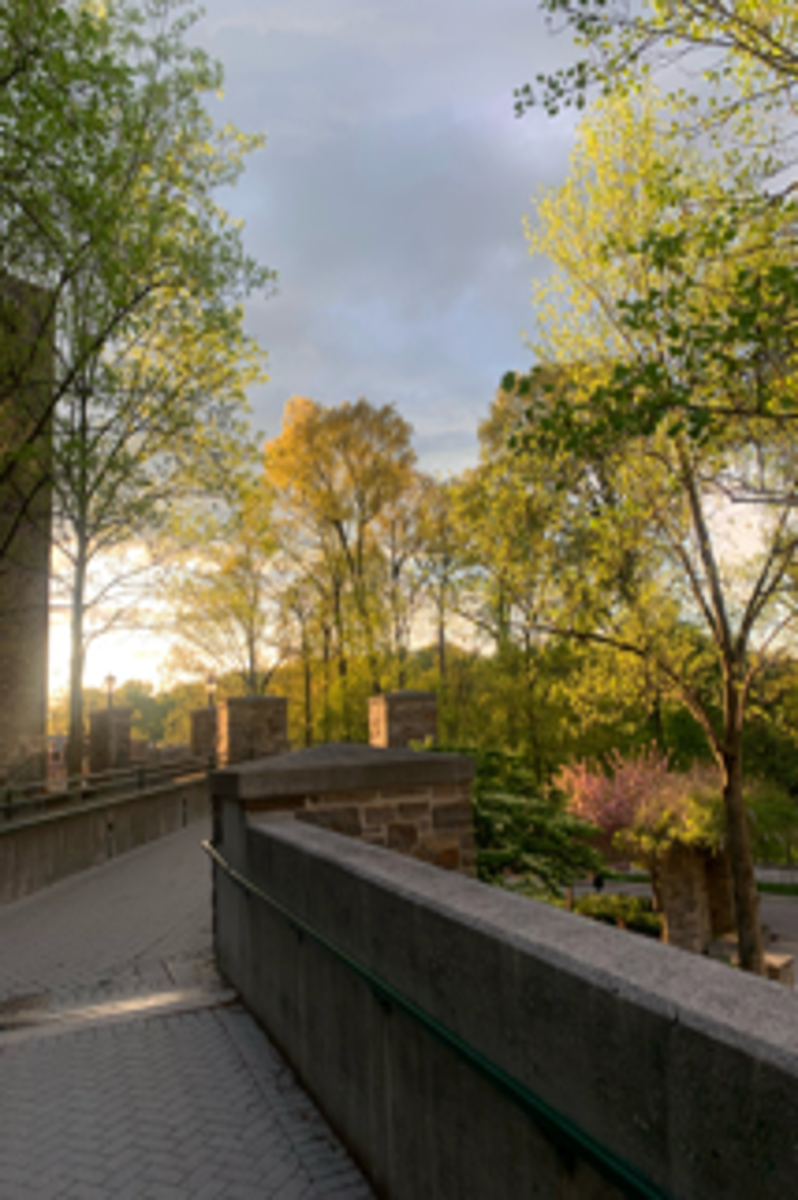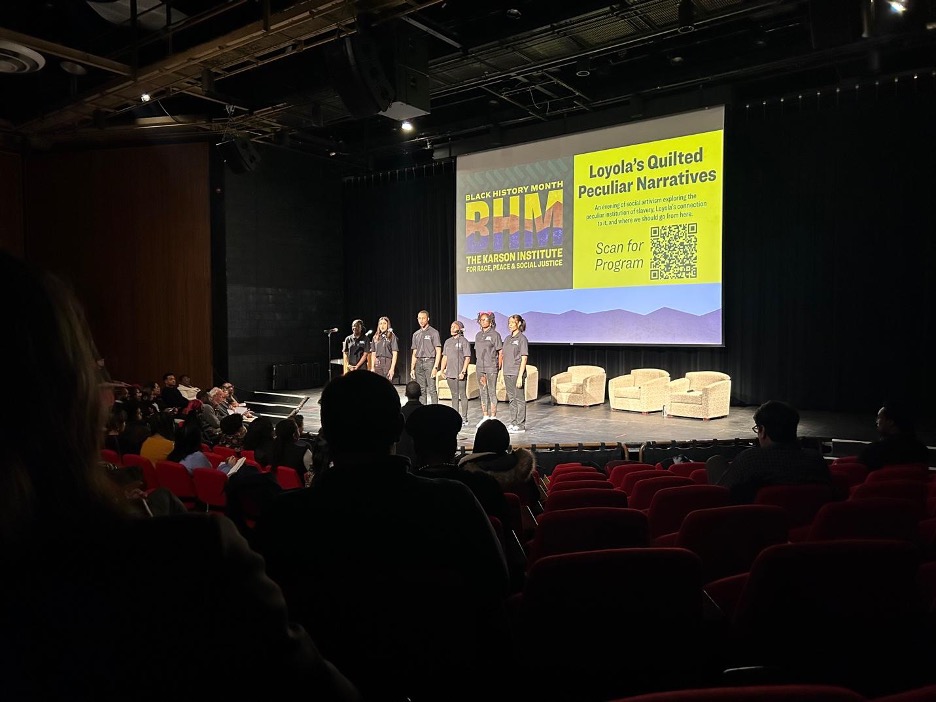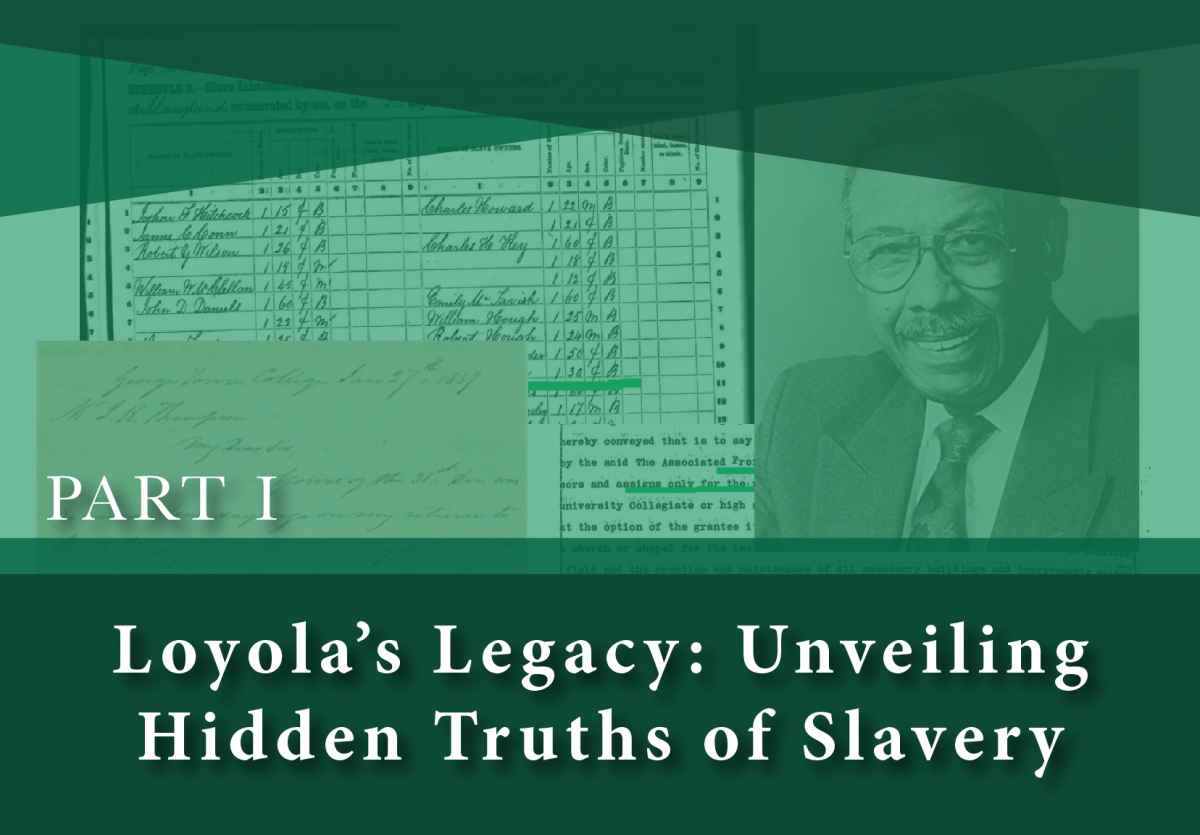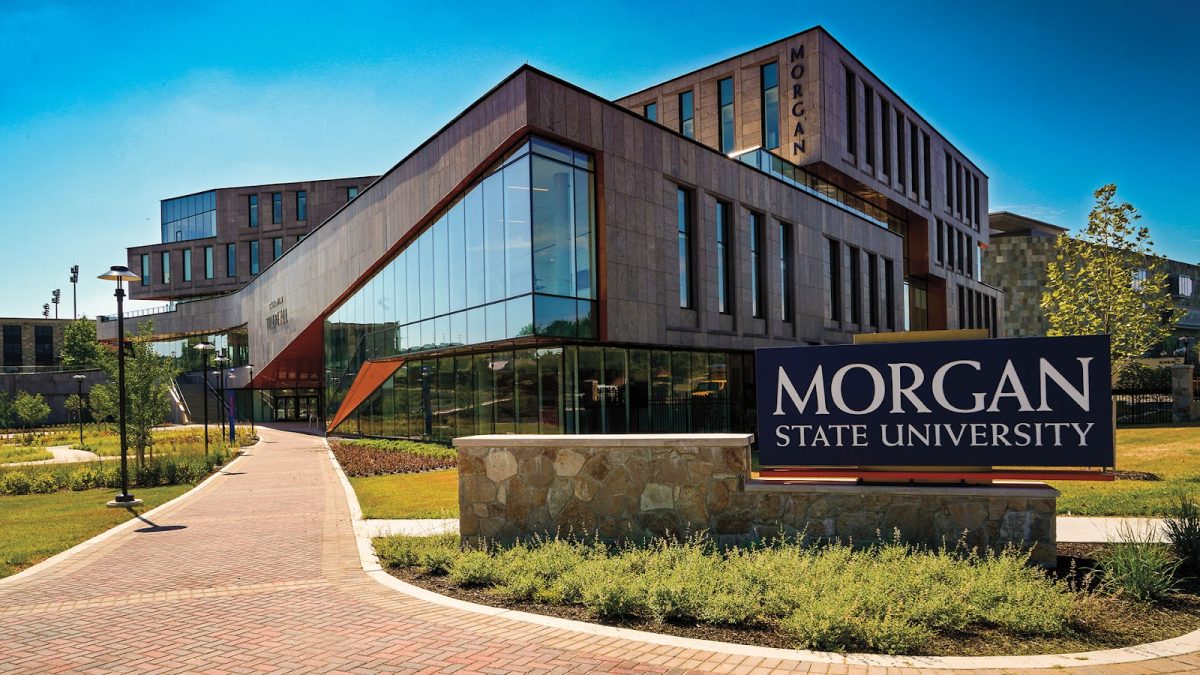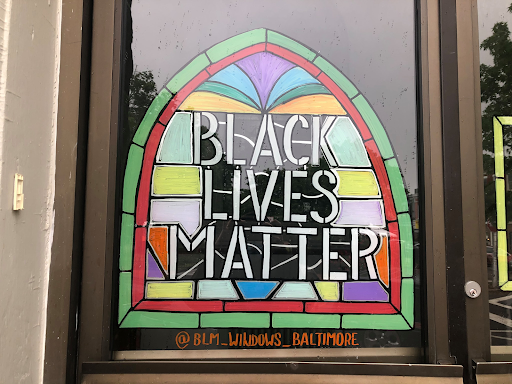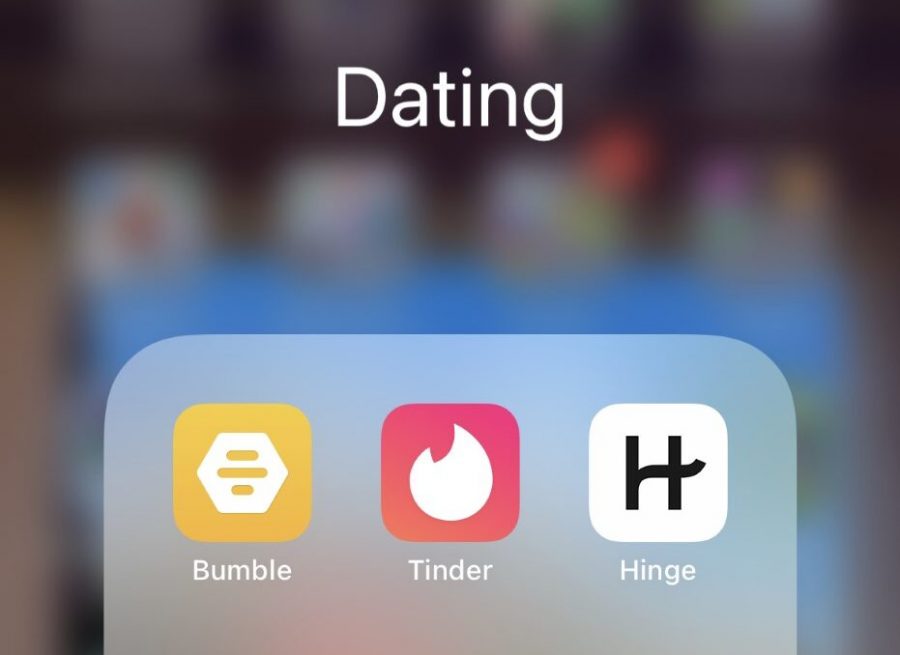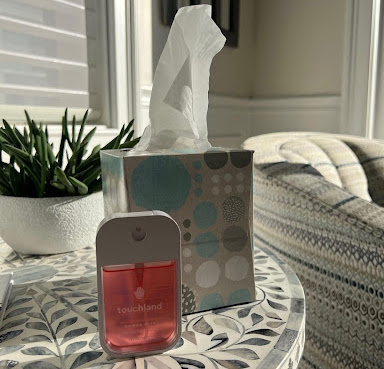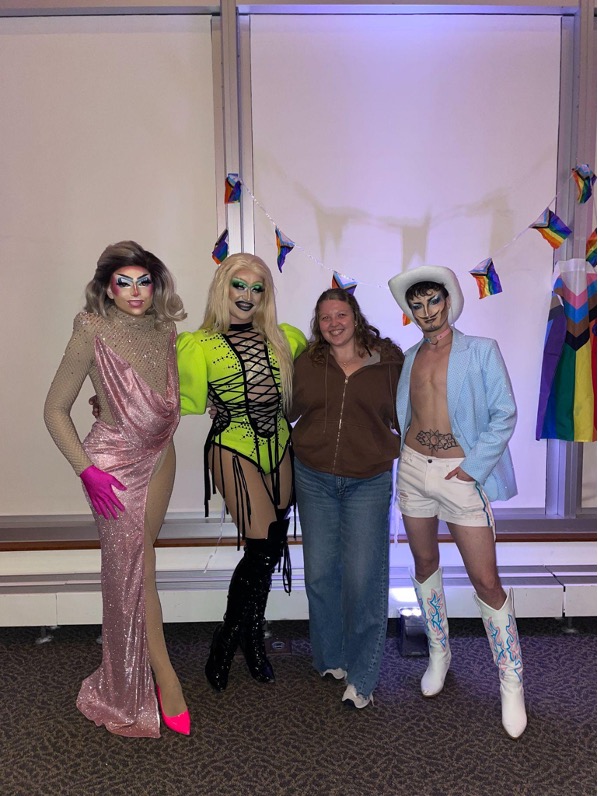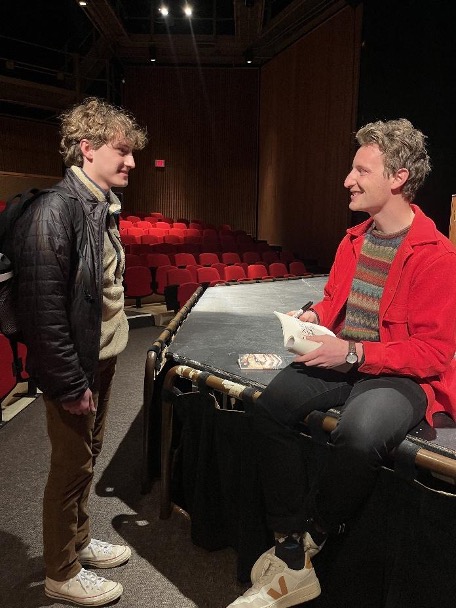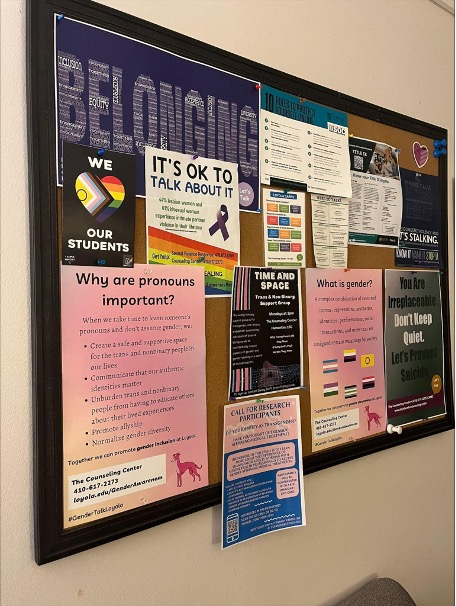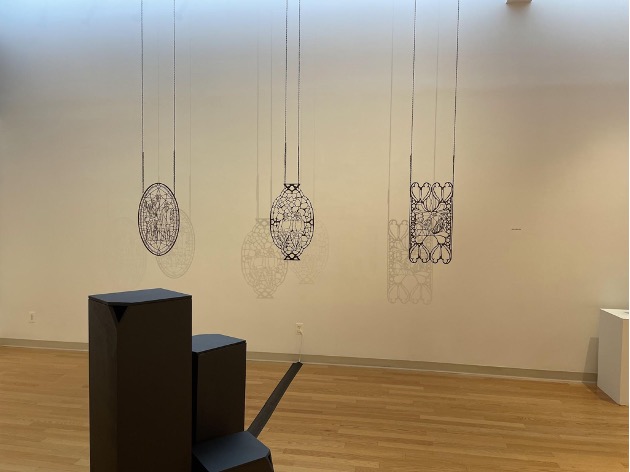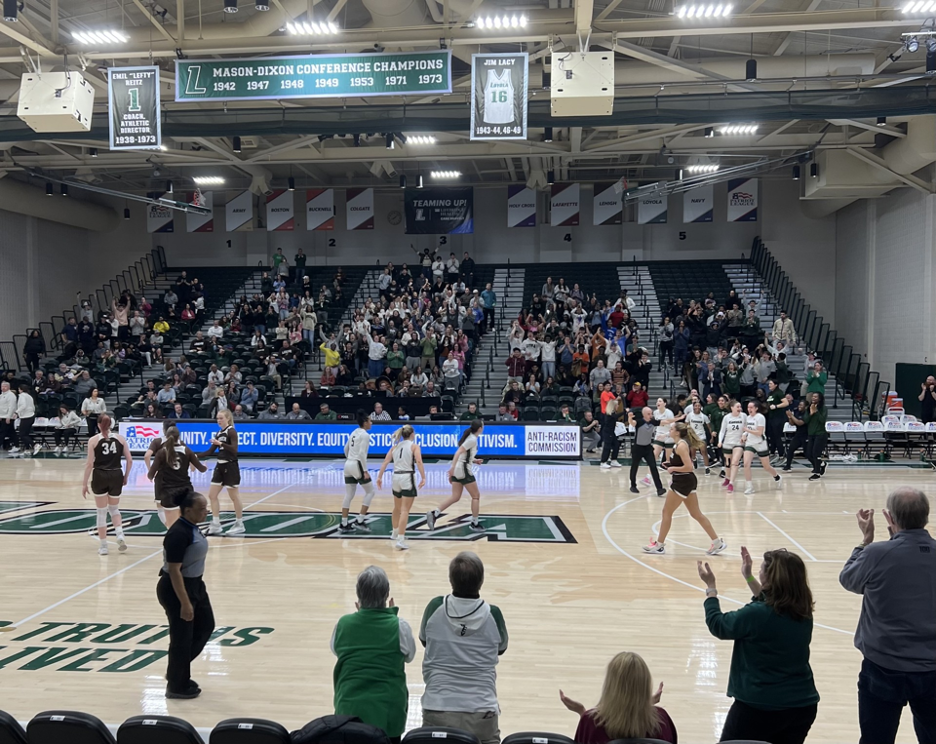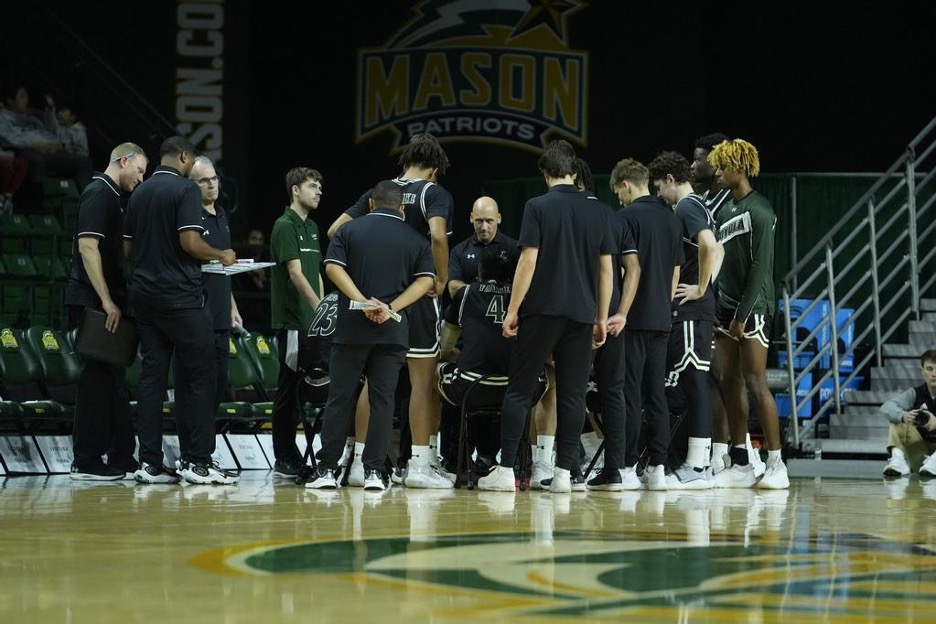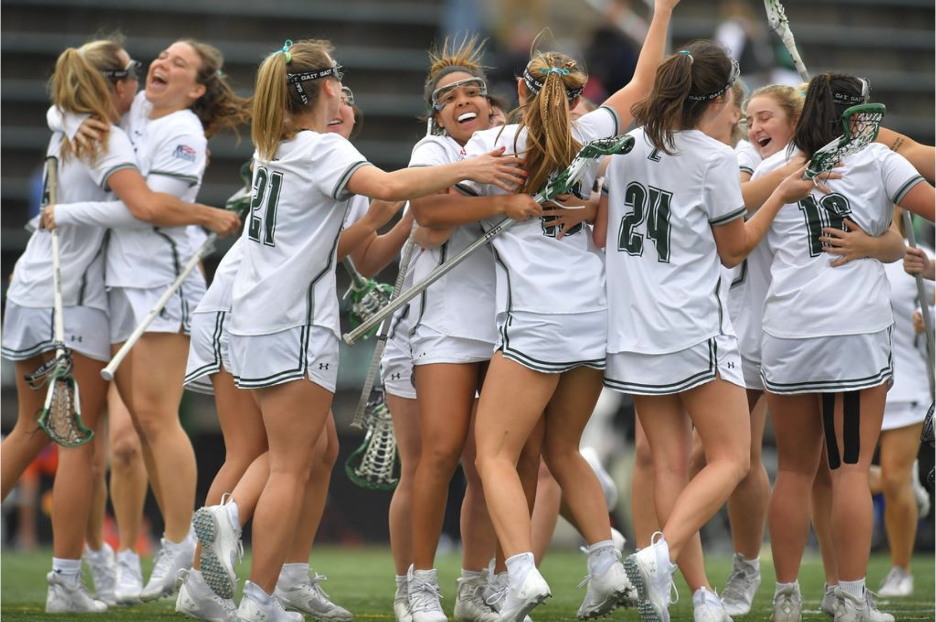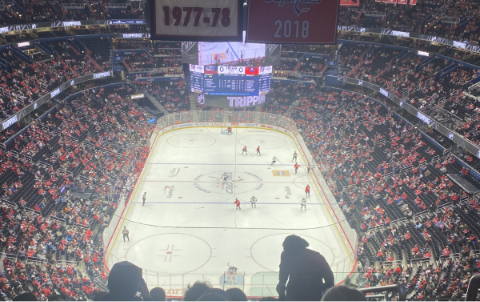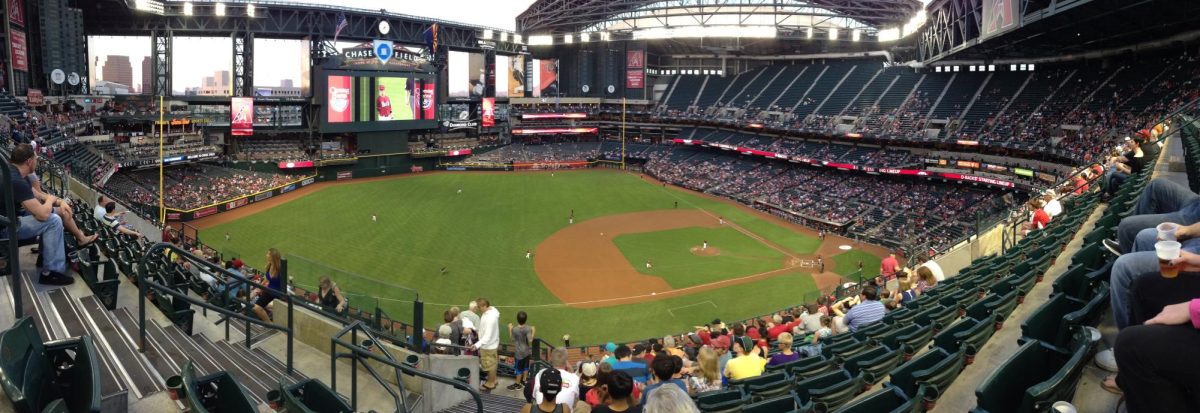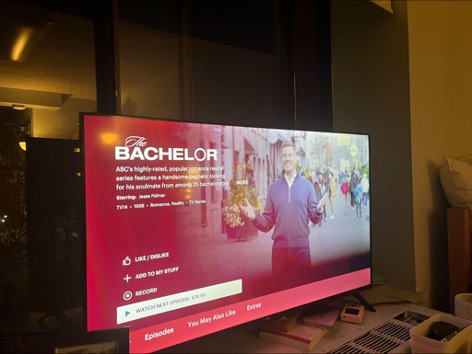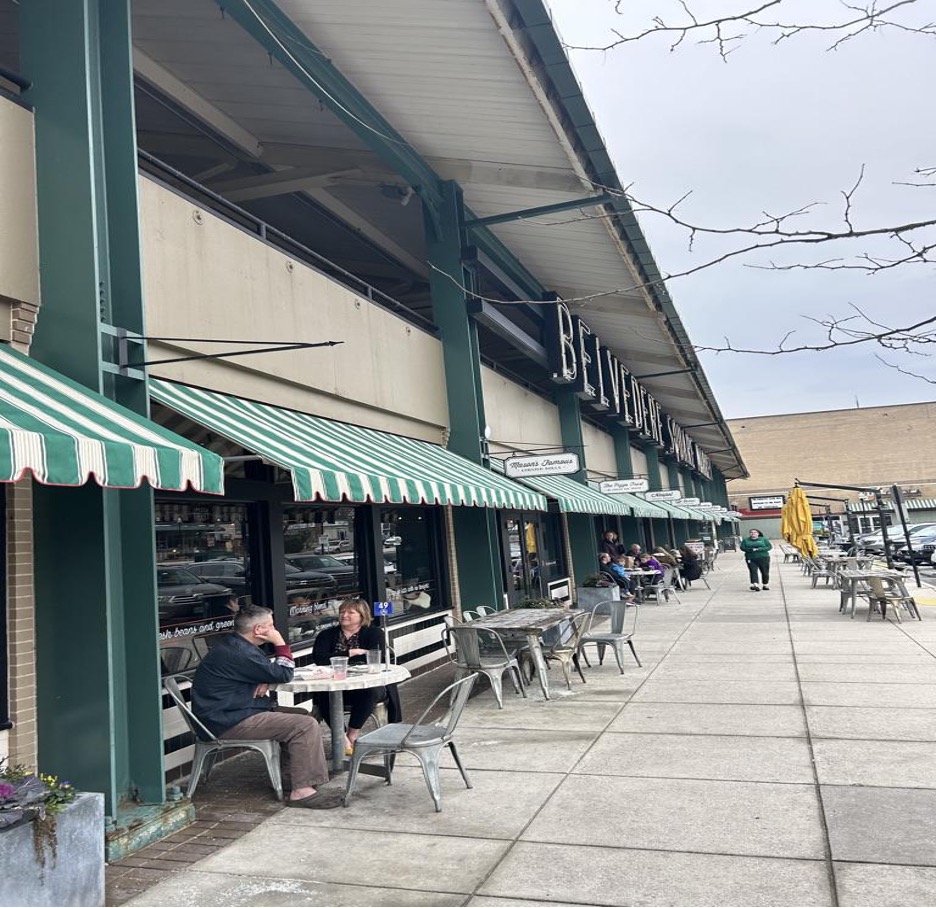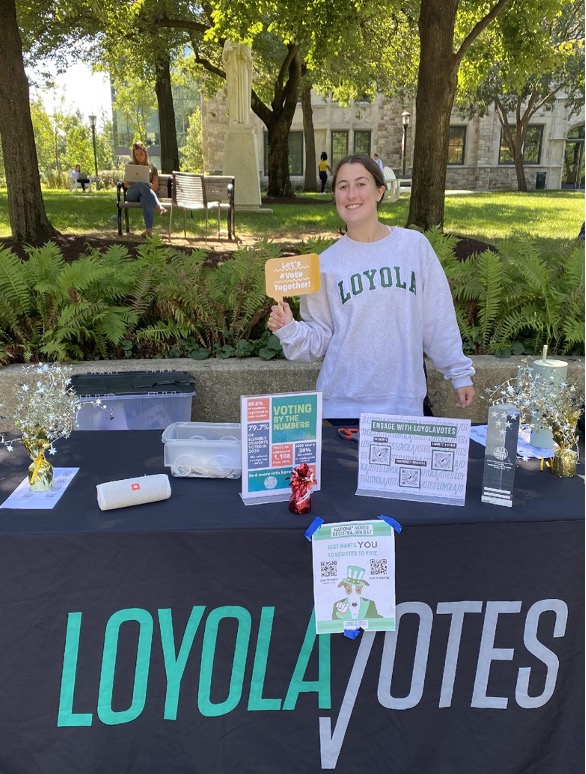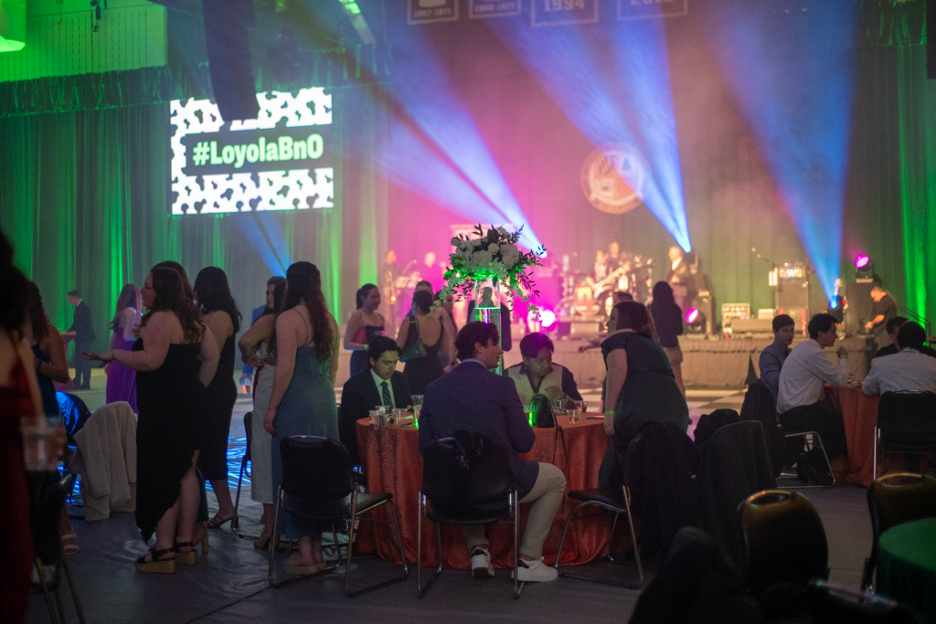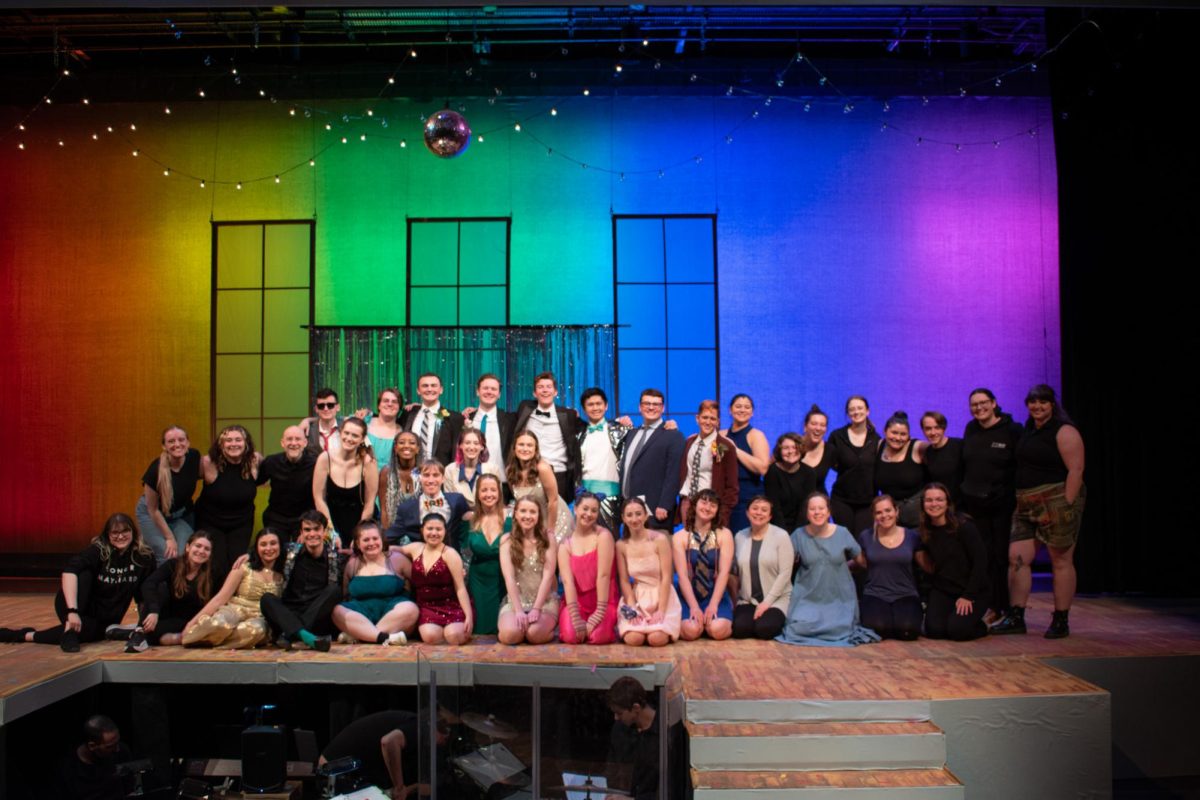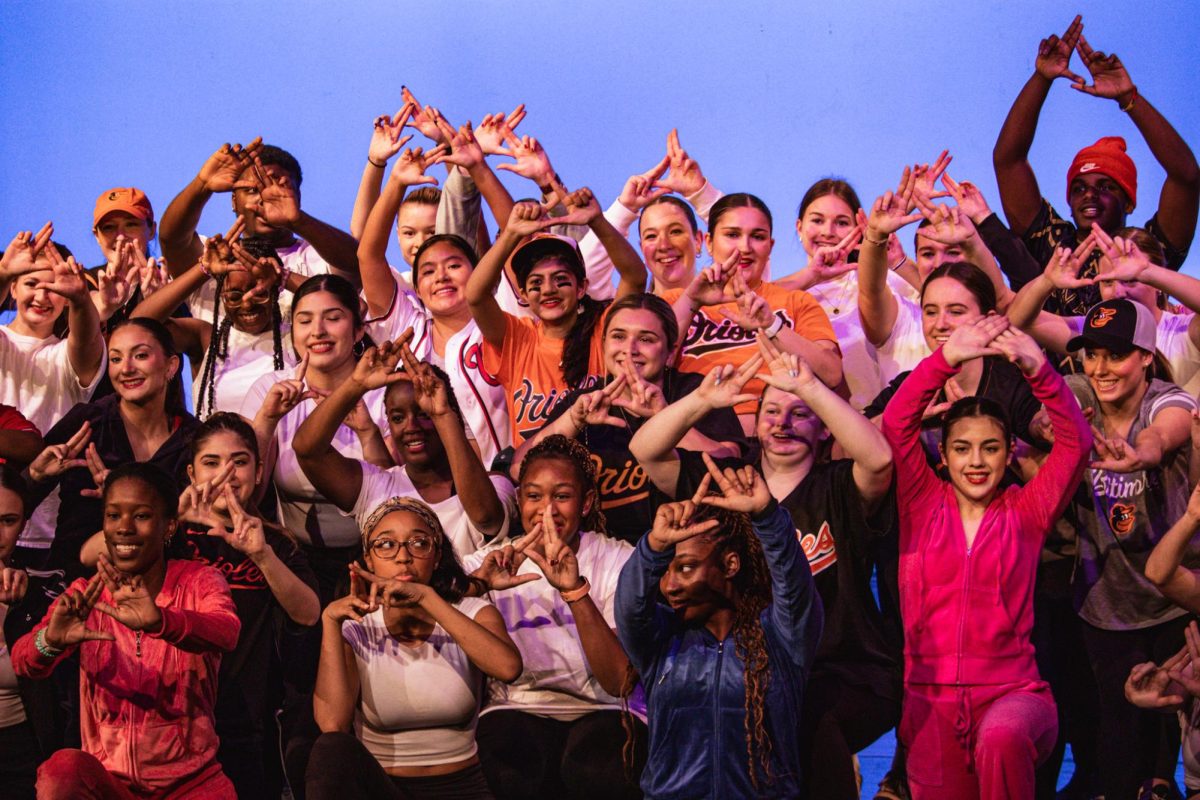Award-winning plant-specialist, professor, and author of agriculture at the University of Delaware, Doug Tallamy, spoke to 74 members of the Loyola community on October 7th about how to save nature on Earth.
Professor Tallamy is a seasoned professional as he has been in the agricultural field for 40 years. He serves as the TA Baker Professor of Agriculture and Natural Resources in the Department of Entomology and Wildlife Ecology at the University of Delaware. He’s had over 100 research studies published over the course of his career. He is also the author of “Bringing Nature Home,” published in 2007, which was awarded the 2008 Silver medal by the Garden Writers Association. His additional works include the 2020 New York Times bestseller, “Nature’s Best Hope,” and his latest book, “The Nature of Oaks,” which was awarded the Margaret Douglas Medal for conservation in March 2021.
During the lecture, Tallamy stressed the fact that our ecosystem is in great danger. He explained that since we have so many new invasive species on our land, our ecosystem cannot physically support it. This then leads to a failing ecosystem unable to sustain life, which is needed to run a healthy environment.
“We have introduced more than 3,300 species of plants from other continents. These areas are too small and too isolated to sustain the amount of nature that we need to run the ecosystems we all depend on,” Tallamy said.
Every single organism that roams our planet has a significance much bigger than any human. With each species of plant comes a species of caterpillar, and then comes a species of bird, and so on and so forth. For example, caterpillars are an integral part of sustaining the population of chickadees.
“It takes between 6,000 and 9,000 caterpillars to get the chicks to the point where they leave the nest,” Tallamy said.
But to attract those caterpillars, specific plants need to be in the area. A common misconception is that insects can eat any type of plant. According to Tallamy, most insects are, “host-plant specialists; they can only eat the plants they have developed the mechanisms to do so. Meaning, if you plant hostas, hoping to attract monarchs, you are out of luck because they are only attracted to milkweed.”
Tallamy discussed the improvements he made around his home in regards to native species. He planted native plants on his land which made the ecosystem bring many different species to his house. These species are growing in numbers because of the native plants he put on his property. Tallamy said, “About four years ago I decided to make a goal and try to count every species of moth at my house by taking pictures that are making a living at our property. I am up to 1,139 species making a living from our plants. They are making a living because we put the plants back.”
Julia Lasala and Sophia Launay ‘25, attended the lecture at the recommendation of their theology professor. Both were happy that they decided to attend.
“The lecture taught me that one person can make a huge difference and if everyone puts in a little effort it can help better our ecosystem and change the world,” Lasala said. Launay also shared her thoughts and said, “I am excited to continue the conversation about our ecosystem with my friends and my family.”
As individuals, it doesn’t always seem like we have the power to change things. But we all can in ways as simple as starting a conversation and researching the native species around us. “What can one person do? One person can trim their lawn, one person can put in keystone plants, one person can turn off the light, one person can remove their invasive species,” said Tallamy. If we all do a little bit, it becomes a lot over time, and according to Professor Tallamy, we are nature’s best hope.
Featured Image courtesy of GreenForce Staffing via Unsplash


